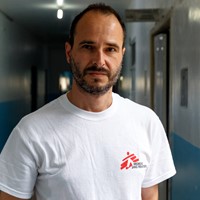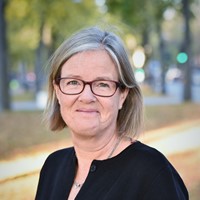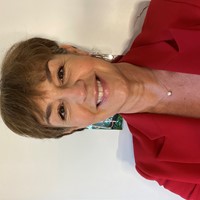




Habib Mayar
Deputy General Secretary
Organisation
g7+ Organisation
International organisation
Speaker session
Saving lives with limited resources: The need to prioritise
Auditorium
This session aims to secure greater commitment to transparent and accountable prioritization of humanitarian action by directing resources towards the most acute needs. The session will discuss how donors and humanitarian organizations can best prioritize their work in the face of today’s overwhelming needs and limited resources. At the same time, it will evaluate why some of the world’s most severe crises remain stubbornly underfunded and what tools are needed for more informed and transparent prioritization within and between crises. The session will furthermore debate the terms “vulnerability” and “humanitarian”, asking what the advantages and disadvantages of using these terms are. Finally, the session will evaluate what happens with the much-needed work on prevention and anticipation of crises, and the resilience of affected communities, if we agree to target scarce humanitarian funds more narrowly towards life-saving activities.

Christos Christou
International President
Biography
Dr Christos Christou is the international president of Médecins Sans Frontières (MSF) since 2019. He first joined MSF in 2002 as a doctor, working with refugees in his home country of Greece, then going on international assignments to Zambia and Malawi to provide care for people with HIV, and has worked as a surgeon in South Sudan, Iraq, Cameroon and Greece. Dr Christou graduated from the Aristotle University Medical School and holds a PhD in surgery from Kapodestrian University in Athens.
Organisation
Médecins sans Frontières
NGO
Speaker session
Saving lives with limited resources: The need to prioritise
Auditorium
This session aims to secure greater commitment to transparent and accountable prioritization of humanitarian action by directing resources towards the most acute needs. The session will discuss how donors and humanitarian organizations can best prioritize their work in the face of today’s overwhelming needs and limited resources. At the same time, it will evaluate why some of the world’s most severe crises remain stubbornly underfunded and what tools are needed for more informed and transparent prioritization within and between crises. The session will furthermore debate the terms “vulnerability” and “humanitarian”, asking what the advantages and disadvantages of using these terms are. Finally, the session will evaluate what happens with the much-needed work on prevention and anticipation of crises, and the resilience of affected communities, if we agree to target scarce humanitarian funds more narrowly towards life-saving activities.

Hans Das
Director Emergency response and resCEU
Organisation
DG ECHO
EU institutions
Speaker session
Saving lives with limited resources: The need to prioritise
Auditorium
This session aims to secure greater commitment to transparent and accountable prioritization of humanitarian action by directing resources towards the most acute needs. The session will discuss how donors and humanitarian organizations can best prioritize their work in the face of today’s overwhelming needs and limited resources. At the same time, it will evaluate why some of the world’s most severe crises remain stubbornly underfunded and what tools are needed for more informed and transparent prioritization within and between crises. The session will furthermore debate the terms “vulnerability” and “humanitarian”, asking what the advantages and disadvantages of using these terms are. Finally, the session will evaluate what happens with the much-needed work on prevention and anticipation of crises, and the resilience of affected communities, if we agree to target scarce humanitarian funds more narrowly towards life-saving activities.






